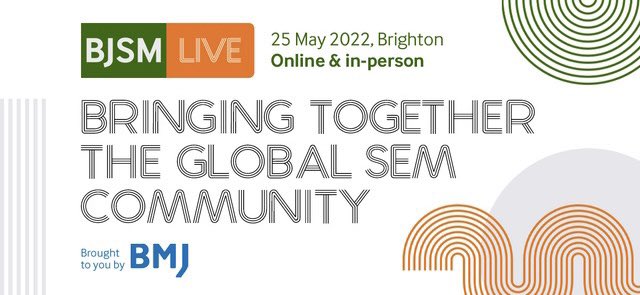Hey all! I like to spend time Monday doing a weekly check-in with myself. I am excited to be planning lectures for the first class I'm teaching this fall but also pretty anxious! How are all of you?
#MentalHealthMonday
#MentalHealthMonday
I feel that when I look at the previous week and acknowledge how I was feeling about work, it can help me break out of bad cycles such as feeling down on myself if I think I wasn't as productive or feeling afraid of something I have been putting off. Especially now, I feel that
a week can quickly become a month so a weekly check in with myself and acknowledging "Maybe I didn't accomplish all my goals last week and that's why I am feeling bad and that's okay. This week maybe I will try something else" helps break things up and gets me a fresh start. It's
also a good time to give yourself credit like "Well I *did* get to accomplish this thing!" or "I finally wrote that scary email I was putting off for a while!" which can be really hard things to take time and celebrate when we feel like we have to be productive all the time!
But if it is a big deal to you, it is good to take a moment and acknowledge it! It is also a good practice to acknowledge when you didn't do what you wanted as long as you also make sure not to blame or beat yourself up. We really don't have to be productive all the time!
• • •
Missing some Tweet in this thread? You can try to
force a refresh









